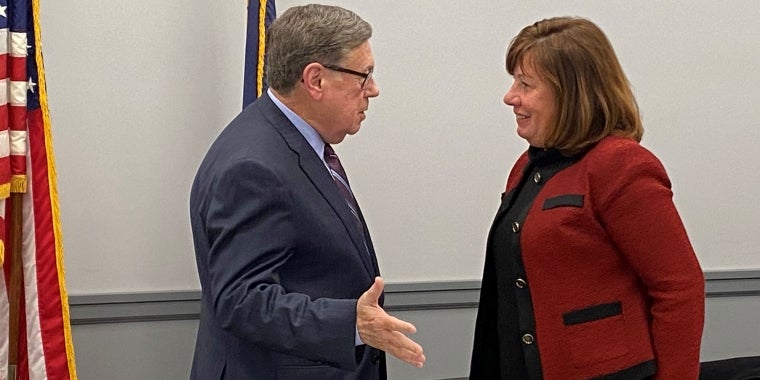
Chester A. Scerra
June 1, 2010
Chester A. Scerra
Award: Veterans' Hall of Fame
Year: 2010
Sergeant Chester A. Scerra, Richfield, served in the U.S. Army during World War II. As a member of the 390th Paratroop Battalion of the 98th Infantry Division, Scerra made 29 jumps, assisting in various demolition efforts, disabling enemy bridges and communication. Scerra was assigned to the Office of Strategic Services (OSS), under the direction of General William J. Donovan. His unit, a forerunner of the Central Intelligence Agency (CIA) was sent to Northern Africa for specialized training in soldier-spy skills. Scerra’s unit was then deployed to Corsica, tasked with gathering information on German troops who controlled the region, and relaying information to Allied forces.
Following the Corsica campaign, Scerra proceeded to Italy where he took place in mission WALLA WALLA. The objective was to contact partisans in the Ligurian region near the Port of Genoa, serve and operate with them against the enemy, and conduct liaison between the partisans and Allied Armies Italy (AAI). WALLA WALLA was the first Italian Operational Group (OG) mission into Italy to work with partisans in enemy held territory. Briefings for the mission had suggested that the section would be involved with a small band of partisans with whom they would be involved operationally after they supplied them with the necessary arms and other equipment and training. As the reception demonstrated, that was not the case.
They were in an area of the mountains which the locals considered as "liberated Italy" - from which Nazi-Fascists had been driven out; where the partisans reportedly numbered approximately 6,000. They were in a position to harass the German lines of communication but they needed arms and other equipment plus organization and training.
The section served in the field for nineteen weeks, having accomplished much in organizing, equipping and training the partisans. And during that period the partisans had conducted a significant number of actions against the enemy. In addition to arranging for over 100 tons of aerial supply of arms, ammunition and other equipment needs, the section supervised its distribution, trained the partisans, and participated in a number of organizational activities. For his role in liberating Italy, Scerra was awarded the Italian Cross of War Merit
Share this Article or Press Release
Newsroom
Go to NewsroomMohawk Valley Nine Pledge Support for Remington
September 28, 2020

Senator Seward Pays Tribute to Senate Woman of Distinction
September 8, 2020


